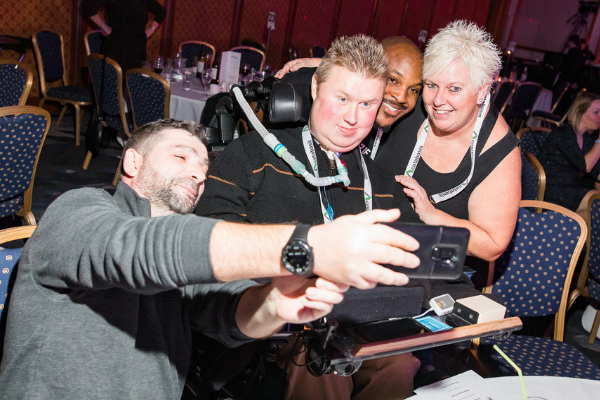We recently wrote to the Medicines and Healthcare Products Regulatory Agency (MHRA) – the UK drug regulator – to highlight the importance of treatments that could slow muscle wasting for people living with Duchenne who have lost the ability to walk.
In our letter, we explained that the teens and adults we have the pleasure to work with and support, all tell us the same thing – that loss of ambulation and transition to life in a wheelchair does not change who they are as a person.
Those with Duchenne have ambition and drive to live as normally as possible, just like everyone else. They have social lives and friends. They want to experience things like driving and being employed to give back to society. And while adapting to being a wheelchair user is an emotional journey, those with Duchenne sometimes face psychological challenges – like the loss of lung, heart and upper body muscle function – that can have a bigger detrimental effect on quality of life than not being able to walk.
Our letter touched on the importance of being able to use the fingers to control a computer or mobile phone. Accessing the internet, talking to online friends and typing text messages are key to the quality of life for someone with Duchenne. They may help individuals combat anxiety, depression, loneliness and social isolation – all linked to mental health and well-being – all things that a muscle wasting condition can heighten.
We asked the MHRA not to underestimate the importance of functional abilities other than walking. We believe these skills absolutely need recognition when it comes to treatment targeting and it is imperative for quality of life that we do all we can to retain all functional ability for as long as possible.
We will share any response and continue to advocate for everyone living with Duchenne. If you would like to get involved in campaigning please contact info@actionduchenne.org.


 Vamorolone trial results published
Vamorolone trial results published
